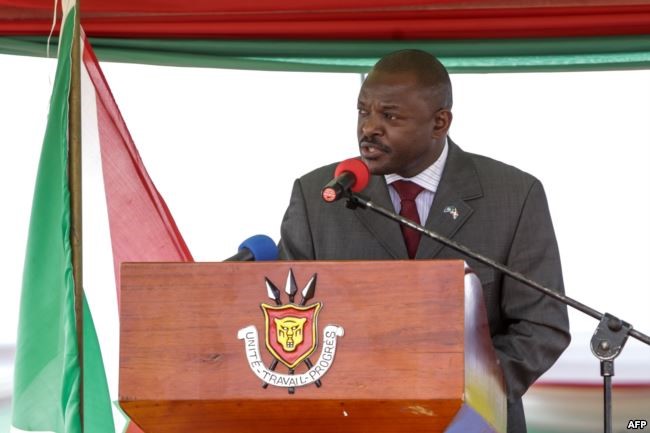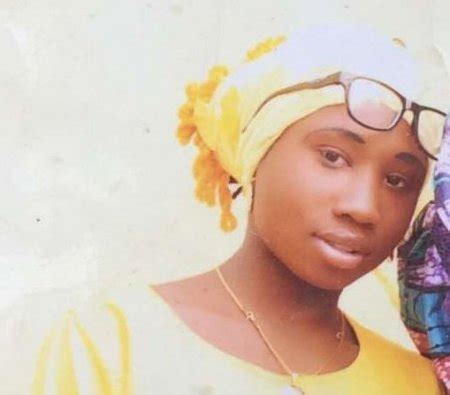
We should all be media literate | Kelechi Okoronkwo
To have a good perspective of events around the world, especially the events that are being reported in the media, one needs to be media literate.
Media literacy is about gaining knowledge through the ability to properly access, evaluate, critique and reflect on media contents in order to take the right action. The other aspect of media literacy which is about the ability to create media content may not be necessary for everyone, and it is out of the scope of this conversation.
The media space is always filled up with information; different information created by different people, targeted at different audiences to achieve different purposes. All the information is loaded in the media: local, national or international—TV and Radio channels, newspapers, magazines, outdoors, journals, books, records and now, the new media. The media consumer, who is the fortunate or unfortunate person that gets exposed to these volumes of information, is the final target.
Media consumers are therefore at a very high risk of getting confused, misled or poisoned by the barrage of information, if they are not media literate.
To have a good perspective of media contents, one must be acquainted with media literacy indices such as: Who is the creator of the message? Who owns the media channel that transmits the message? What is the socio-political, economic and cultural environment within which the message is created or transmitted?
Ascertaining who the creator of the message is involves inquiry into the creator’s interest, history, alliances, exposure (political, economic and socio-cultural), predilections and aspirations. Finding out who owns the media involves knowing the ownership pattern of the media. Is it government owned or private owned? If the media is government owned, what are the attributes or qualities of the government or the individuals running the government. If the media is private owned, what is the interest, history, alliances, exposure (political, economic and socio-cultural) and predilection and aspirations of the individual or individuals involved. The third aspect which is about the environment where the media operates has to do with the political atmosphere, the economy and the socio-cultural values of the environment.
Beside above indices, to have a good perspective of media contents, the media consumer should be able to identify and differentiate sponsored messages, opinion messages, news stories, features and articles and public service announcements. If consumers mix-up those media items, they will be sad for it.
For instance, Nigeria is in an election period. The media space is hyper-filled with all sorts of political messages, some of them misleading, pressing and choking the media audience. To have a fair view of what is happening, one needs to identify and be consciously circumspect of messages from interested persons and interested media platforms. Most of the top Nigerian politicians have investments in the media sector and it should be noted that there exists a relationship between media ownership pattern and media content. It is not just only in Nigeria; it is a global phenomenon. No matter how deliberately media owners try to be objective, academic research conducted by this writer in 2005 establishes that media objectivism has a limitation towards the subjective nature of human elements, who are directly or indirectly involved in the media business.
A full understanding of the above analysis would give one a clear perspective of the workings of, for instance, the Nigeria Television Authority (NTA) and the Federal Radio Corporation of Nigeria (FRCN) which are owned by the Federal Government of Nigeria; the Lagos State Television (LTV) owned by the Lagos State Government and the Rivers State Television (RSTV) owned by the Rivers State Government. The media consumer should understand that the Government at the federal level may be different from the Government at the state level. Therefore, there would be differences in the coverage and contents of the TV stations owned by the Government at the centre which is currently being controlled by the All Progressive Congress (APC) led machinery and the TV stations at the state which is controlled by an opposition party, say, the Peoples Democratic Party (PDP).
The media consumer should begin to ask questions concerning the individuals who own, or direct, or manage those private owned media platforms such as Channels TV, AIT, TVC, Arise TV, ITV, Ray Power among others. It is equally important to know who own, or direct, or manage Nigerian dailies such The Guardian, The Nation, The Punch, The Sun, The New Telegraph, Daily Independent, Peoples Daily, This Day, Leadership and Business Day among others. One should also inquire about the ownership of online platforms such as the Premium Times, Gazatte, The Cable, The Whistler, Global Upfront, Legit among others. It is important to clarify that the characters of media owners keep reflecting on the media behaviours irrespective of how hard the owners try to bury it.
Again, it is important to emphasize that, for one’s sanity of mind, it is important to be media literate: to be literate about the ownership of Facebook, Twitter, Instagram and other social media platforms. Some social media handles are equally as powerful as media platforms. It becomes important to be literate about the owners of social media handles that generate certain information; to be literate about Fox News and how it contributed to Donald Trump’s administration as the 45th President of United States; to be literate about why the Cable News Network (CNN) apparently tackled Donald Trump in favour of Joe Biden in the 2020 election. One needs to be literate about the ownership of Aljazeera and the Reuters and Discover Africa News.
Media ownership and alliances affects the quality of information that is made available to the media consumer. It is left for the consumer to ask intelligent questions to be able to properly analyse, evaluate, critique and reflect on every bit of the media content. This knowledge will help one take the right decision. This is what a media literate person does. And we should all be media literate.
Kelechi Okoronkwo, author of The Spokesman is a Public Relations Executive and PhD student in Media Arts.




Recent Comments